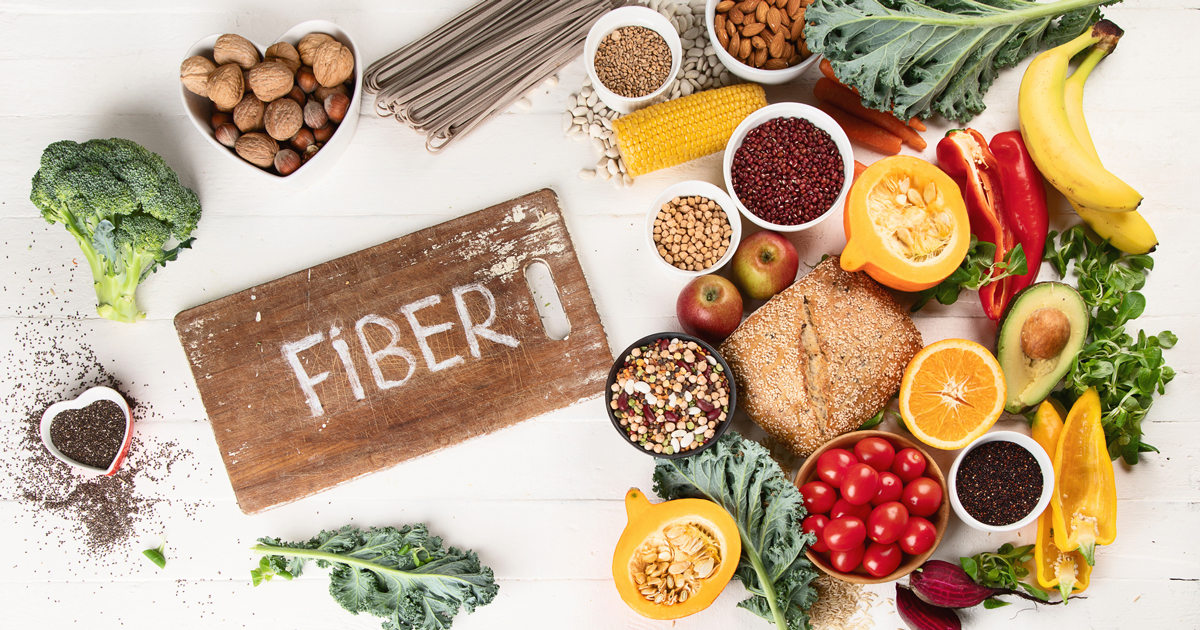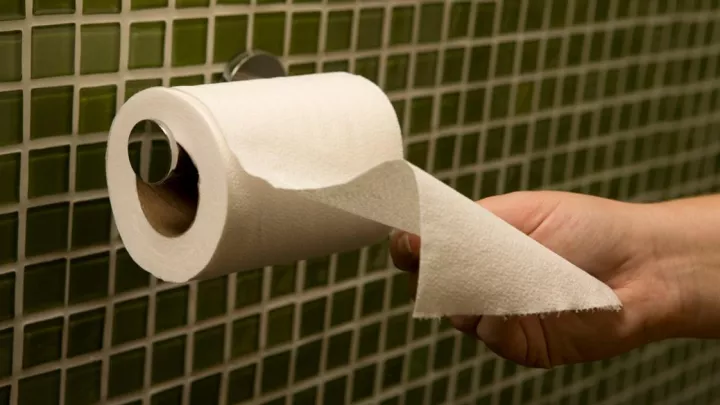Why does fiber make you poop?

Fiber gives your stool good consistency – on either end of the spectrum. If you have hard stools fiber holds water in to make them softer and relieve constipation. If you have looser stools, fiber adds bulk to give stools shape and form. The best type of consistency is a banana shape.
How much fiber per day?
A typical American diet provides 10 to 15 grams of fiber, which is lower than recommended. Try to get 25 to 35 grams of fiber each day.
Tracking your fiber intake for several days and even up to week can be helpful to get your baseline to know on average how much fiber you take in on a daily basis. You can use an app to see how much fiber you're getting daily. If you are on the lower end, you can either add more high-fiber foods or take a fiber supplement. When adding fiber to your diet you want to go slowly as it can initially cause more gas and bloating symptoms. Try adding two to five grams per week until you get up to 25 to 35 grams and monitor how this is changing your symptoms.
Foods with lots of fiber
In general, foods with fiber are whole foods – things you'll find in the fresh food aisles. Processed or shelf-stable foods contain little or no fiber.
High-fiber foods include:
- Fruits like pears, strawberries, apples, blueberries, blackberries, raspberries and avocados
- Veggies like broccoli, carrots, potatoes and sweet potatoes
- Legumes like lentils, kidney beans, chickpeas, black beans and lima beans
- Whole grains like quinoa and oats
Foods are not created equal. For example, a medium-sized pear has six grams of fiber, while a serving of watermelon contains just 0.4 g of fiber.
A good source of fiber has two to five grams of fiber per serving.
Constipated? Eat more insoluble fiber. Insoluble fiber holds on to water, making stools softer and easier to pass. Sources of insoluble fiber include brown rice, whole grains, green beans, broccoli and cabbage.
Have diarrhea? Get more soluble fiber. Soluble fiber adds bulk to poop, preventing diarrhea. Sources of soluble fiber include apples, berries, beans, nuts, seeds and oats.
In general, a healthy diet includes a mix of both types of fiber in your diet. Some people find that they do better with one type of fiber versus the other and often it is a trial and error to see what works best for your system.
If you're dealing with constipation or fecal incontinence, therapists with the Nebraska Medicine Pelvic Health Rehabilitation clinic can help. Our specialists may use biofeedback, relaxation techniques, abdominal massage, exercise, and other self-care strategies or techniques to assist with improving bowel health.
Our pelvic health rehabilitation therapists use a wide variety of treatments, education and muscle re-training, often reducing or eliminating the need for surgery or medication.







